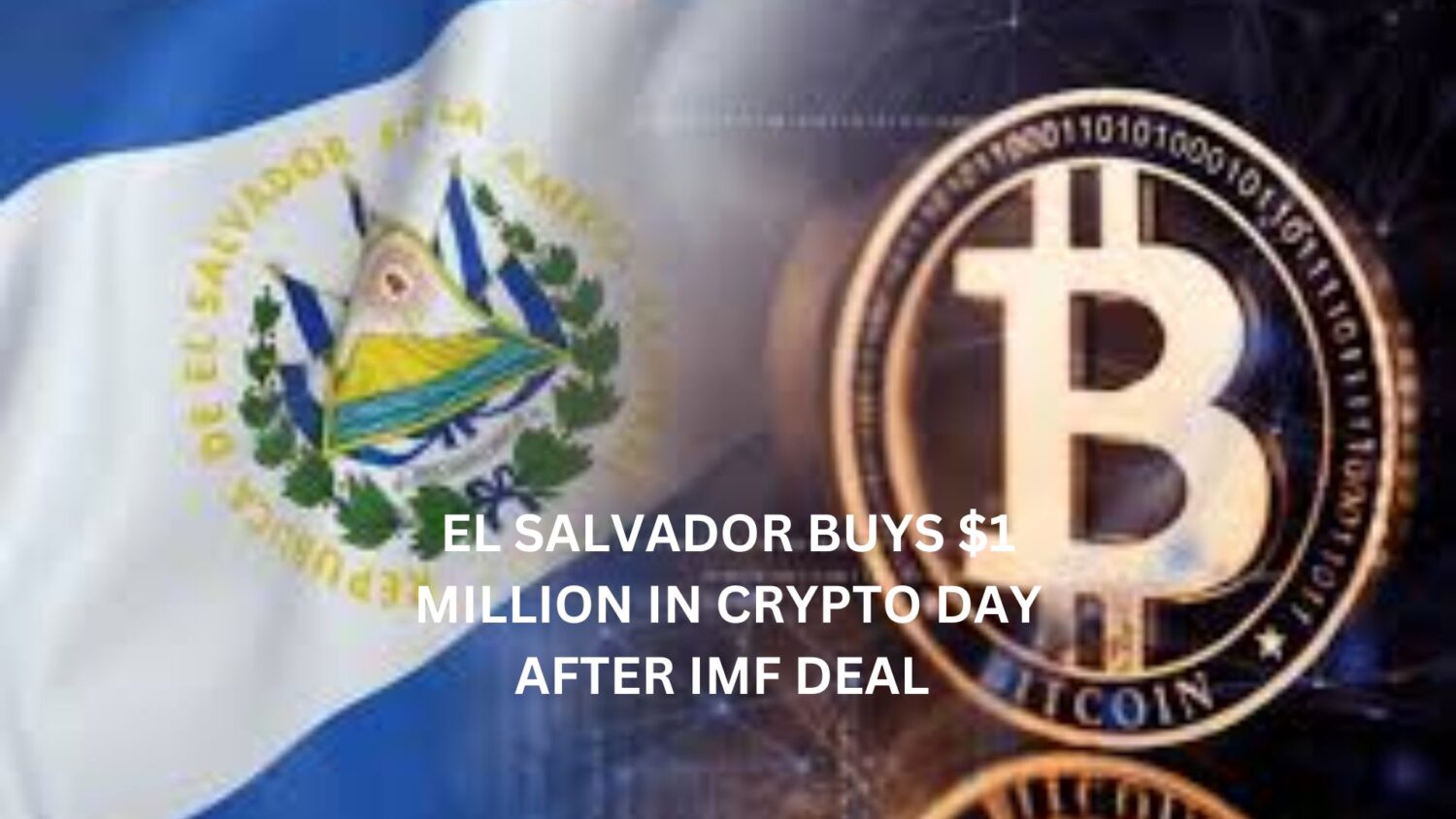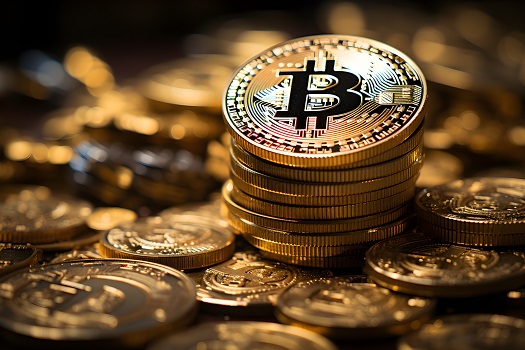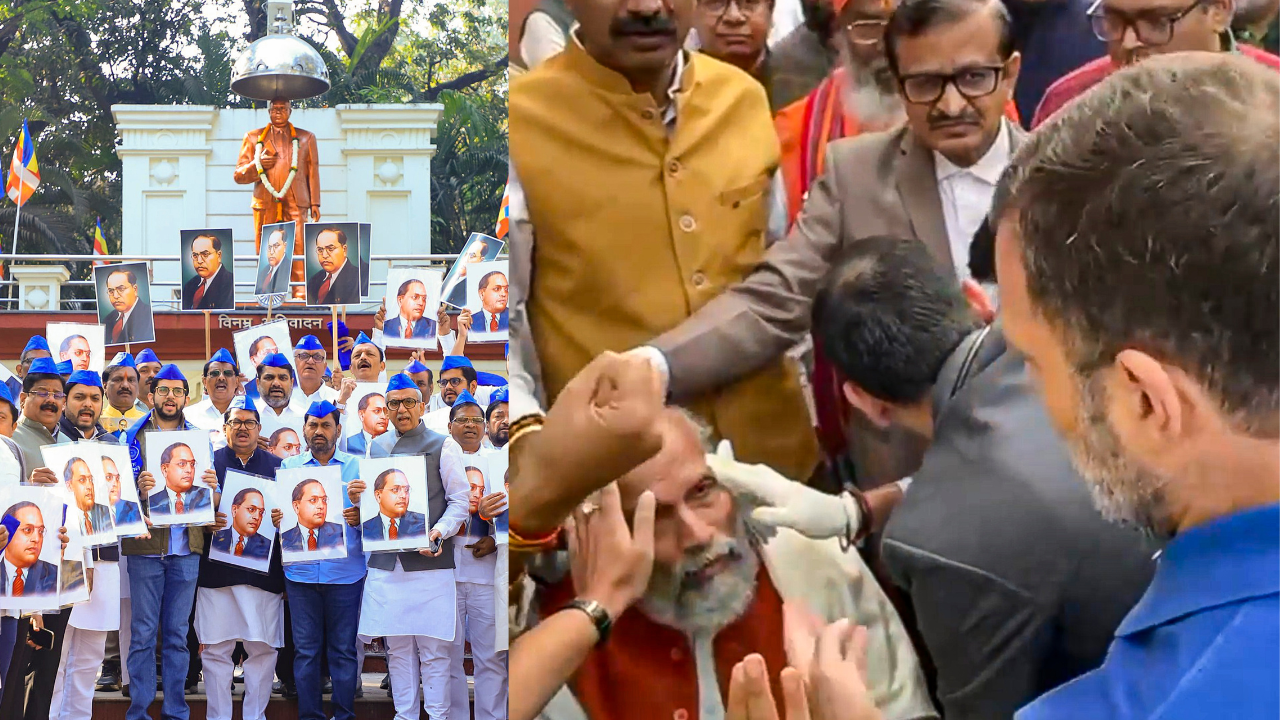
Key Takeaways
- On December 19, the government added 11 Bitcoin, worth around $1 million, to its strategic reserves.
- Director of El Salvador’s National Bitcoin Office, stated that the country will continue buying Bitcoin, at possibly an accelerated pace,
El Salvador has announced plans to continue purchasing the cryptocurrency, potentially at an accelerated pace, following a $1.4 billion financing deal with the International Monetary Fund (IMF).
The National Bitcoin Office of El Salvador confirmed on Dec. 19 that the government had added 11 Bitcoin, worth around $1 million, to its strategic reserves. This purchase brings the country’s total Bitcoin holdings to nearly 5,981 BTC, valued at around $580 million at current market prices. The move diverges from the previous “one Bitcoin a day” acquisition strategy, which President Nayib Bukele introduced in November 2022.
Stacy Herbert, director of El Salvador’s National Bitcoin Office, emphasized the government’s continued commitment to its crypto strategy. “We will continue buying Bitcoin, at possibly an accelerated pace,” Herbert stated in a Dec. 19 post on X (formerly Twitter). She also confirmed that Bitcoin would remain legal tender in the country, a status it first achieved in September 2021 when El Salvador became the first nation to adopt the cryptocurrency alongside the U.S. dollar.
The recent IMF deal included provisions aimed at mitigating potential risks associated with the country’s Bitcoin policies.
These provisions require El Salvador to make private-sector Bitcoin acceptance voluntary, restrict tax payments to the U.S. dollar, and either sell or phase out the government-operated Chivo crypto wallet. Julie Kozack, an IMF spokesperson, noted that these measures aim to ensure financial stability while respecting the government’s autonomy.
The IMF agreement, which spans 40 months, concludes four years of negotiations strained by concerns over El Salvador’s heavy involvement in cryptocurrency. The IMF has previously warned that the country’s Bitcoin policies could pose financial and legal risks. However, the global lender acknowledged that some of these risks had not yet materialized. The agreement still awaits final approval from the IMF Executive Board.
Despite the conditions attached to the IMF deal, the Bukele administration remains resolute in promoting Bitcoin adoption. A spokesperson from the National Bitcoin Office stated, “We will not sell any of our current holdings, and Bitcoin continues to be our main strategy.” The government also hinted at the potential for larger Bitcoin purchases in the future.
El Salvador has positioned itself as a global leader in crypto innovation, hosting events like the “Adopting Bitcoin” conference and promoting Bitcoin-friendly initiatives such as “Bitcoin Beach,” a tourist destination where businesses accept Bitcoin as payment. These efforts aim to attract investment and boost the local economy, though their long-term impact remains under scrutiny.
Experts have offered mixed reactions to El Salvador’s latest moves. Some speculate that the government’s continued Bitcoin purchases are intended to counter any perception of reduced enthusiasm for cryptocurrency due to the IMF deal. Eugene Epstein, head of trading at Moneycorp, remarked, “Given the size and likely terms of the IMF deal, it was probably worth it for Bukele to maintain this stance.”









